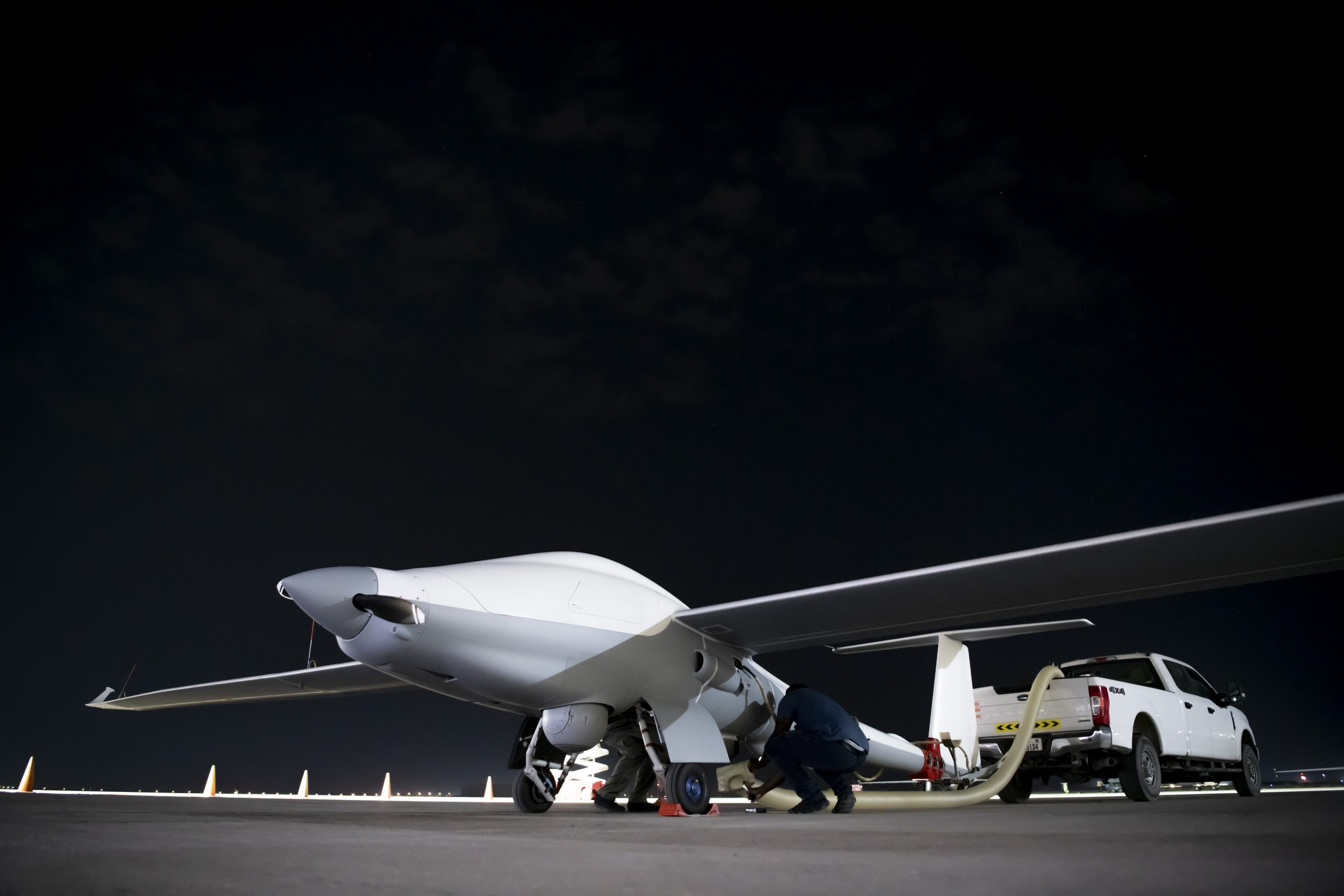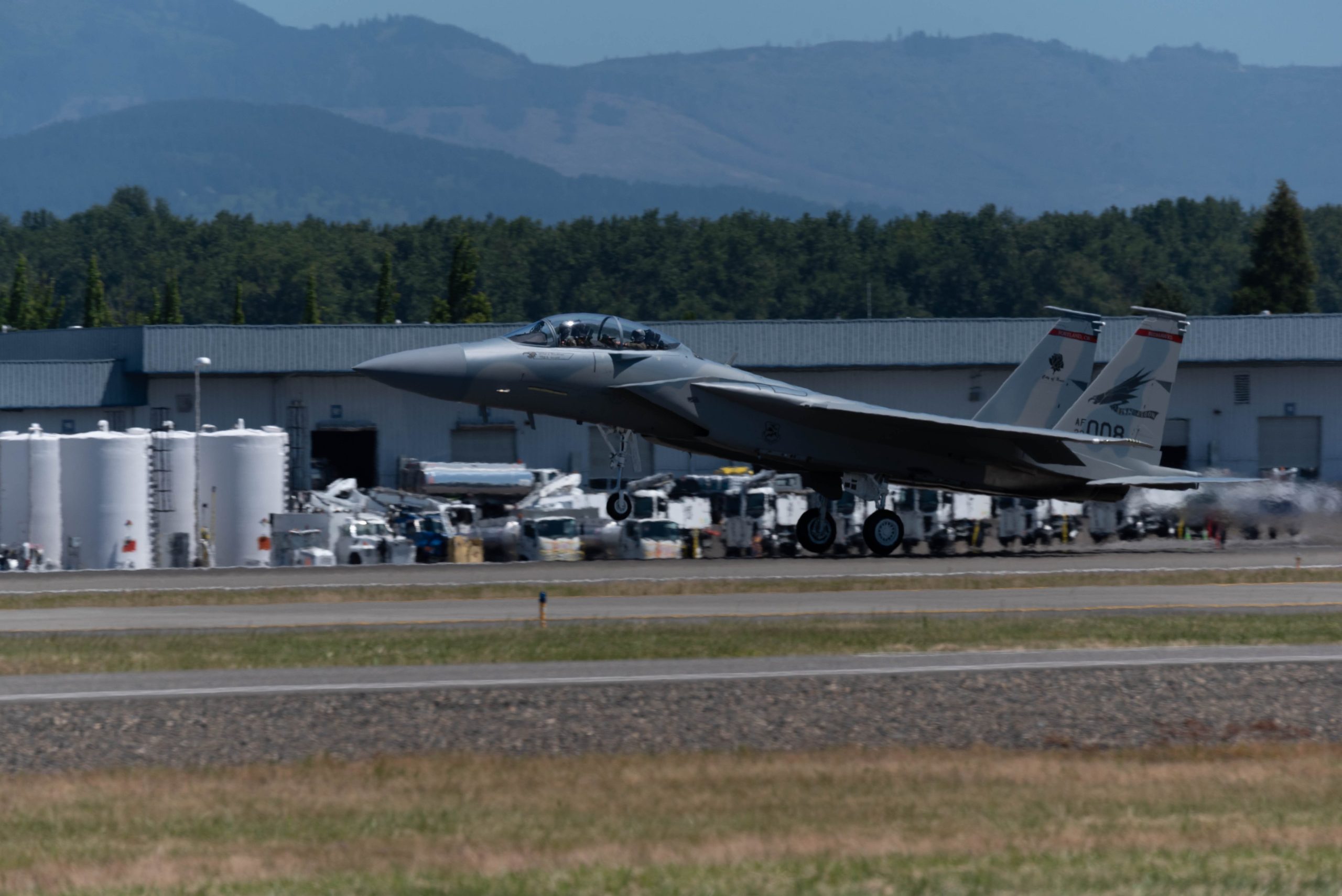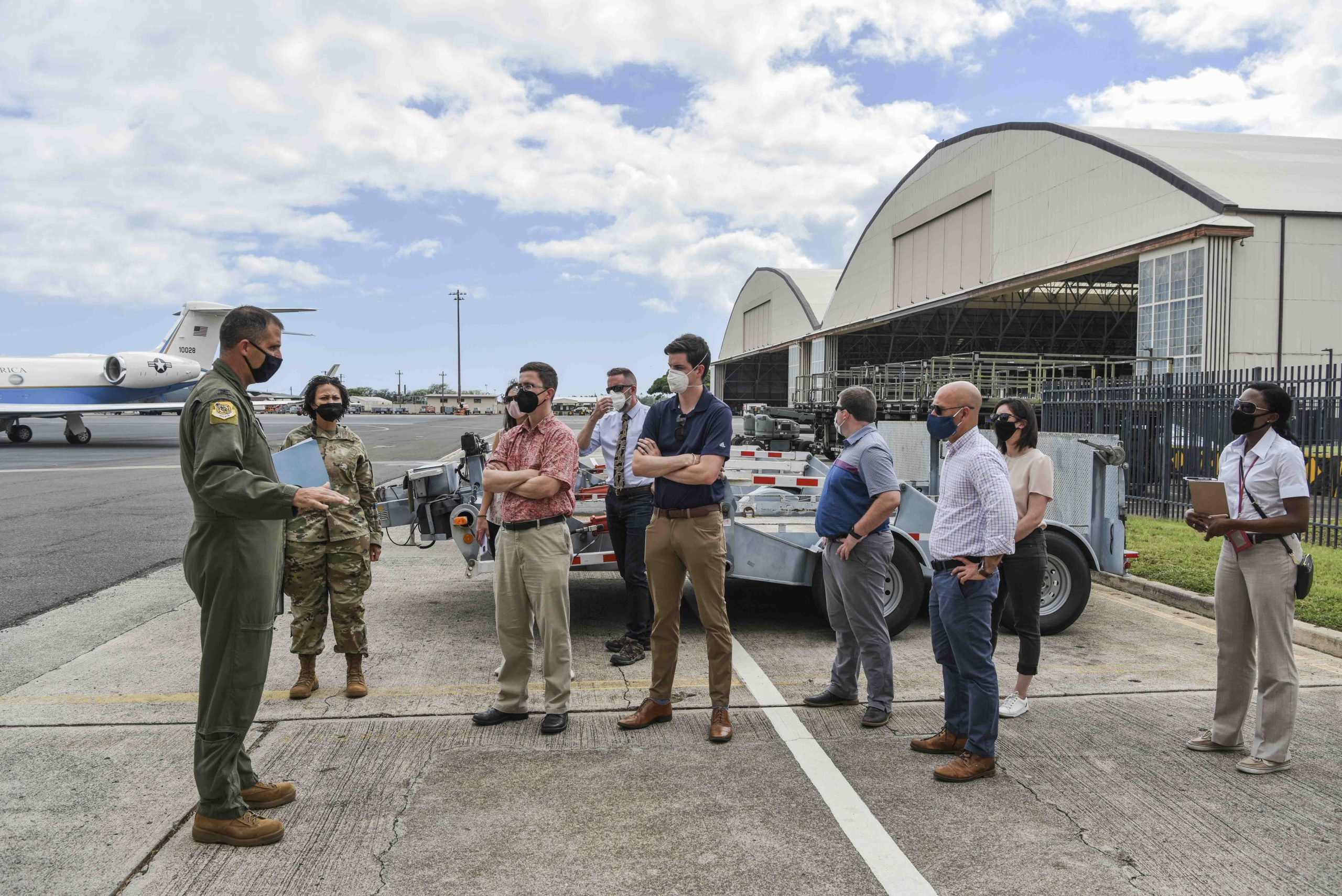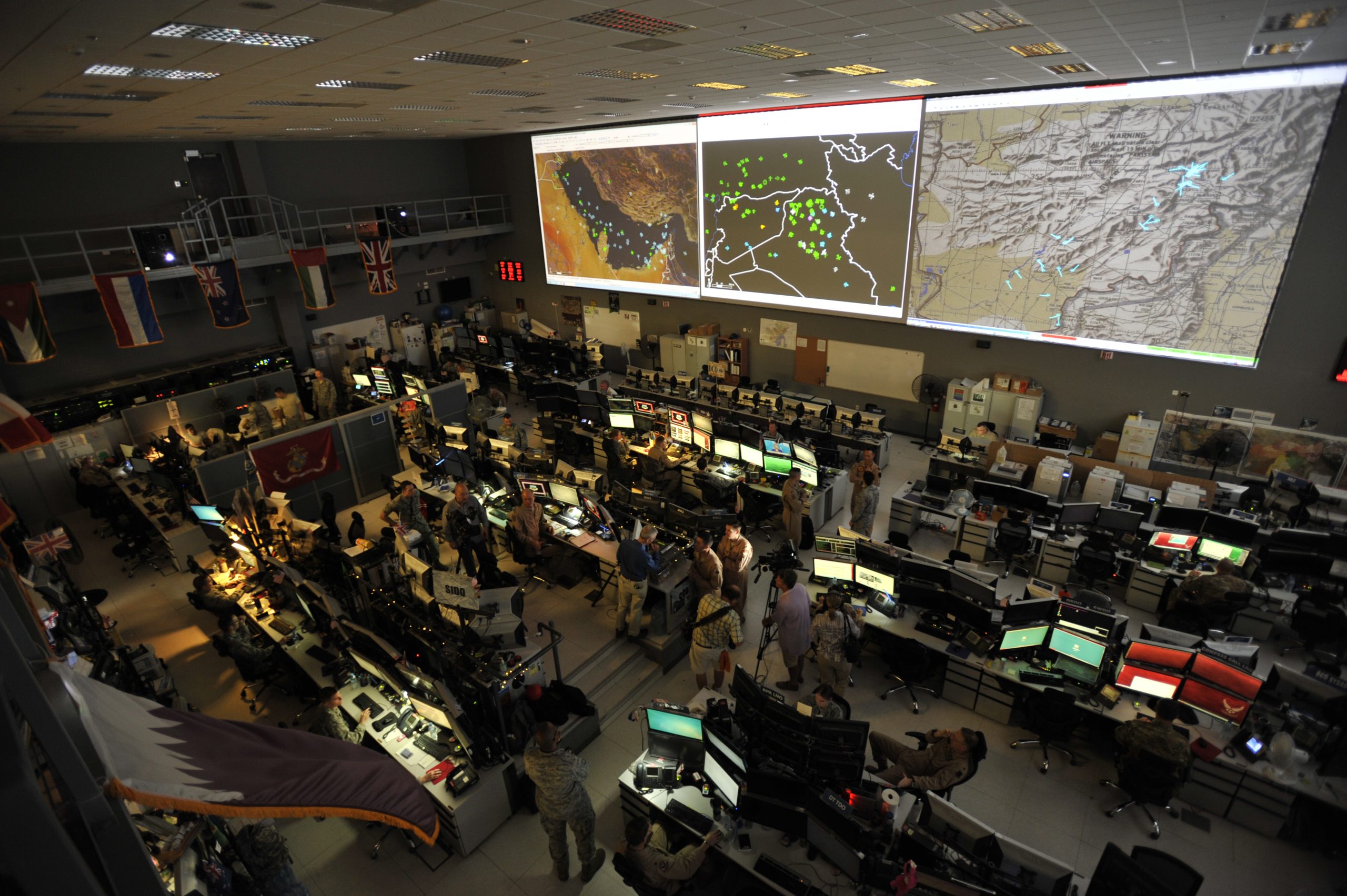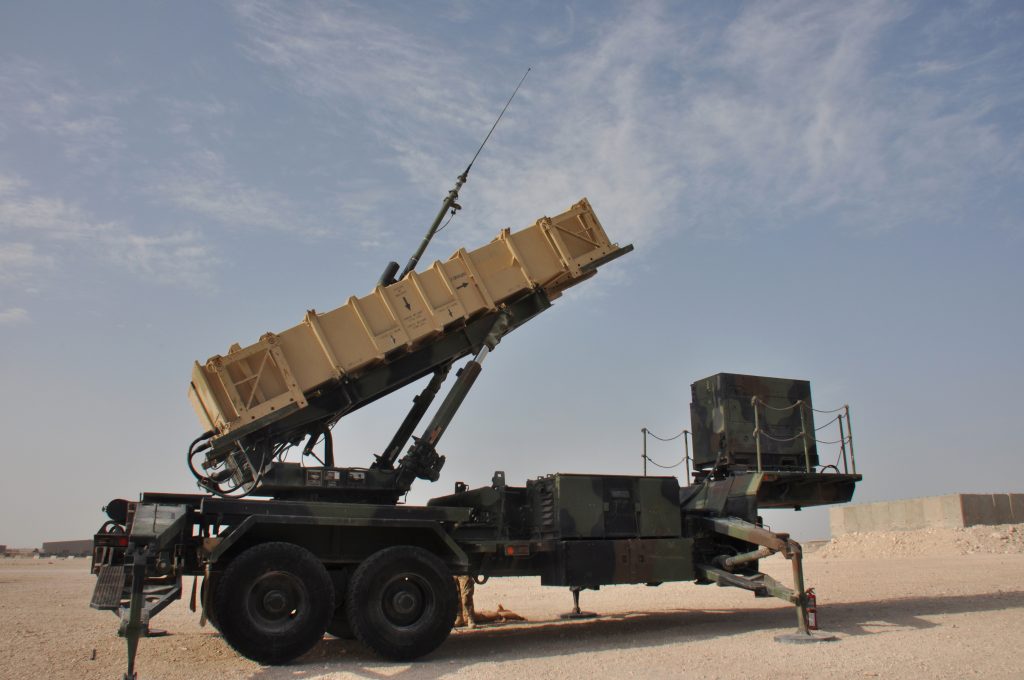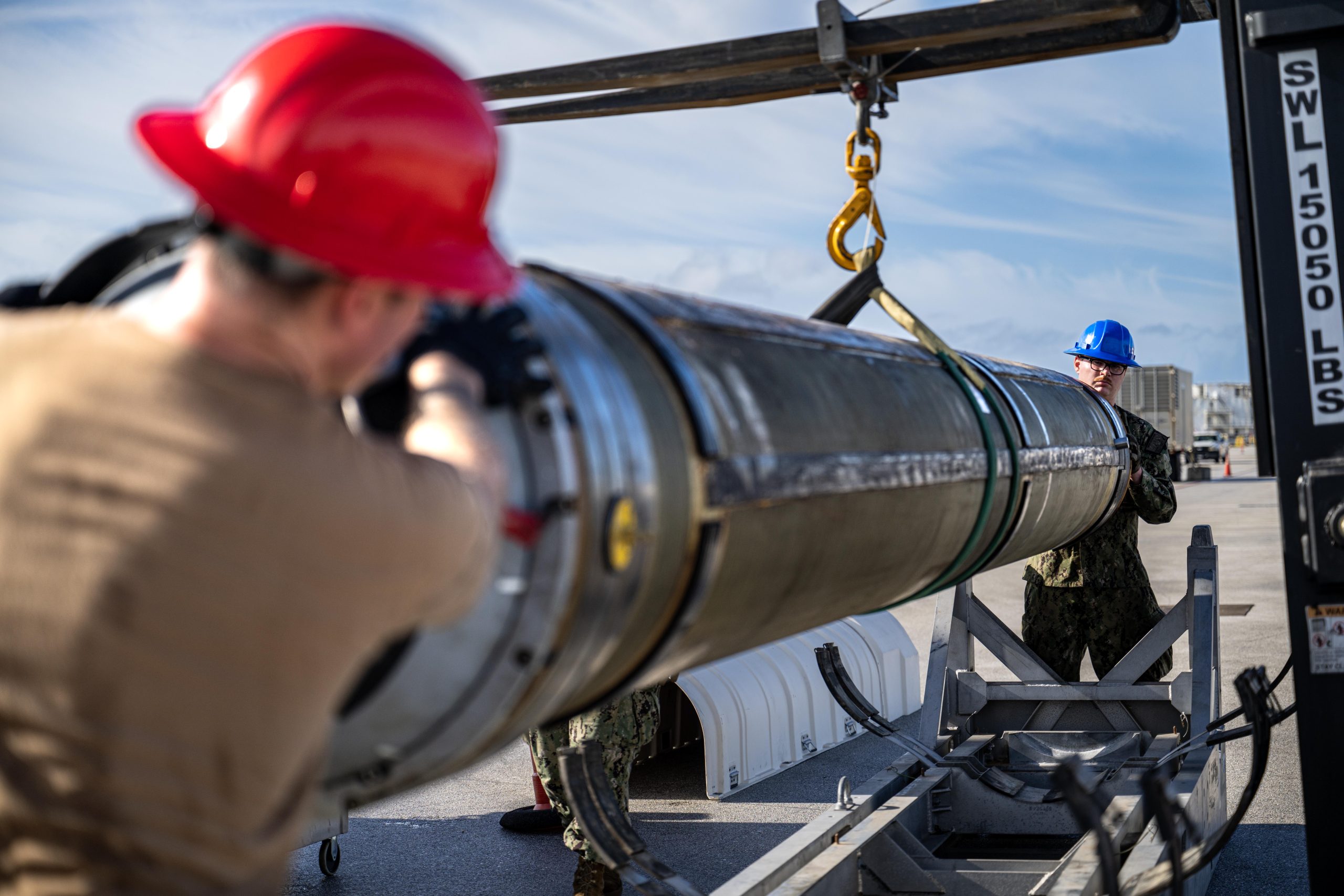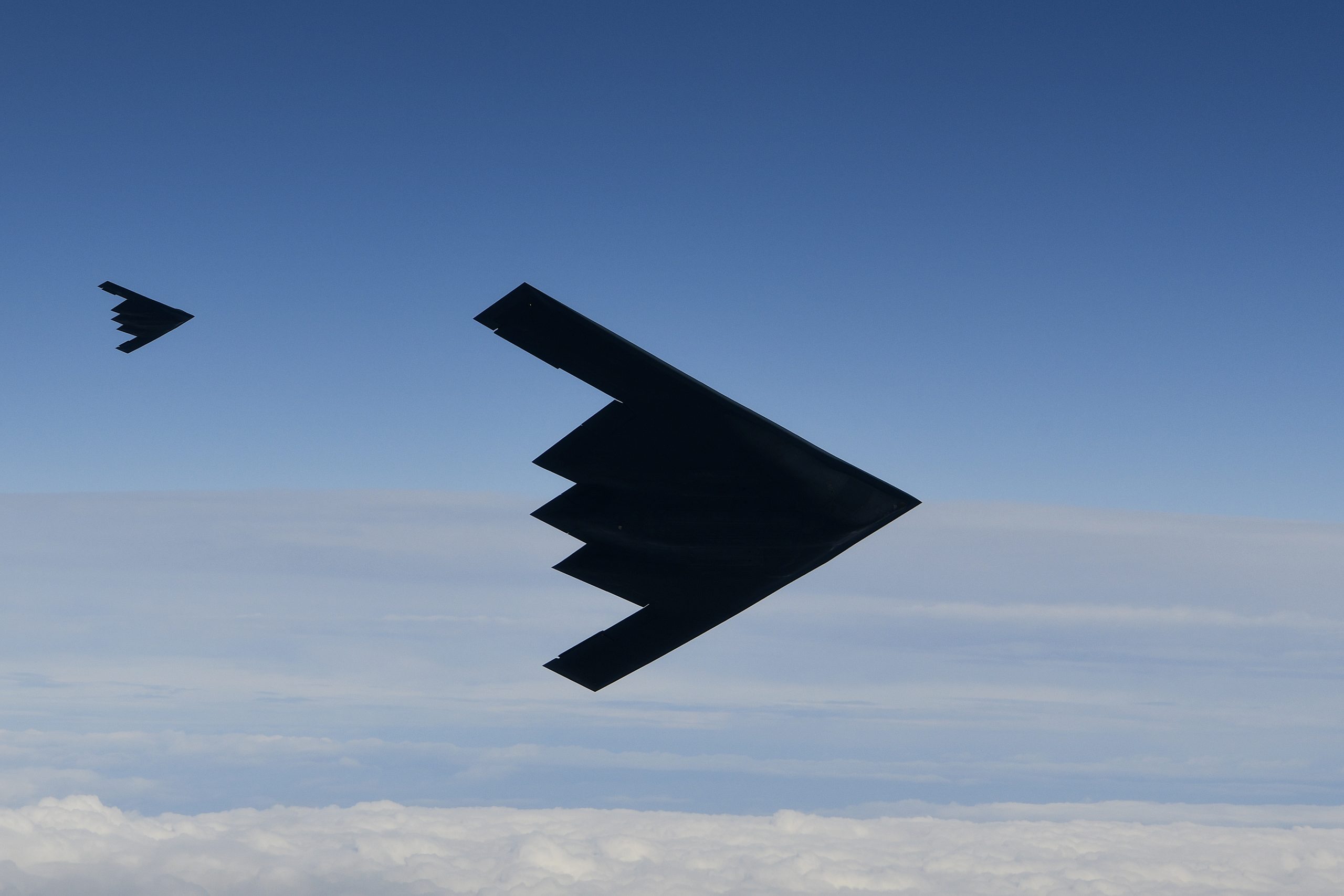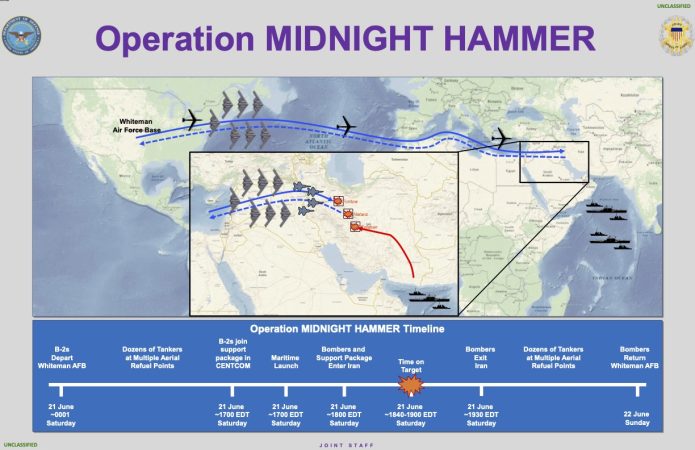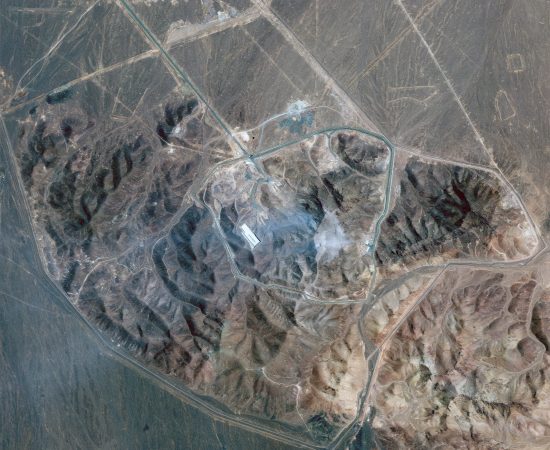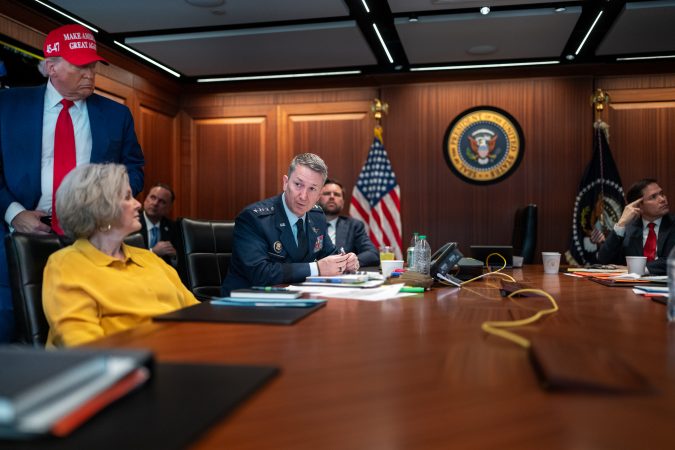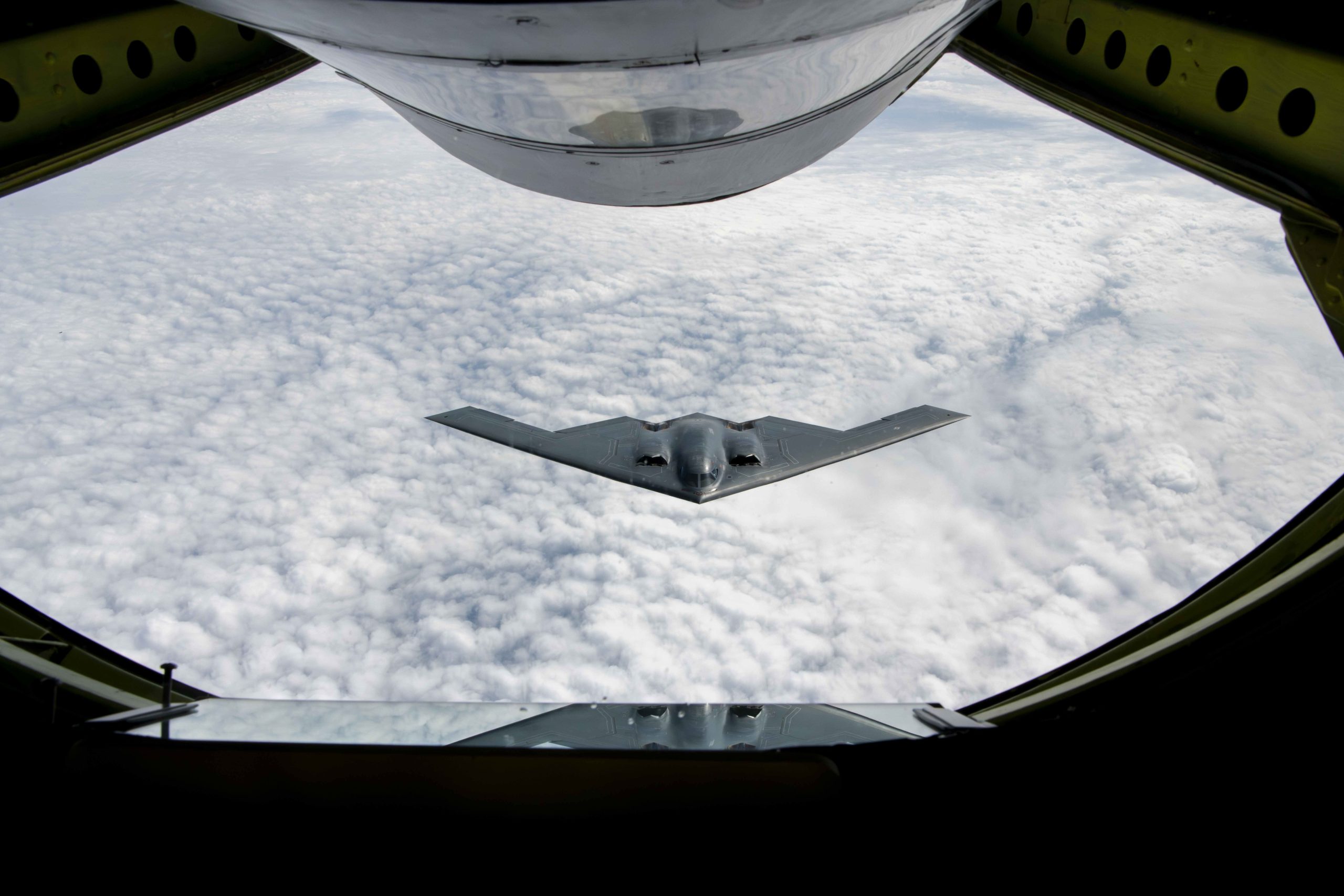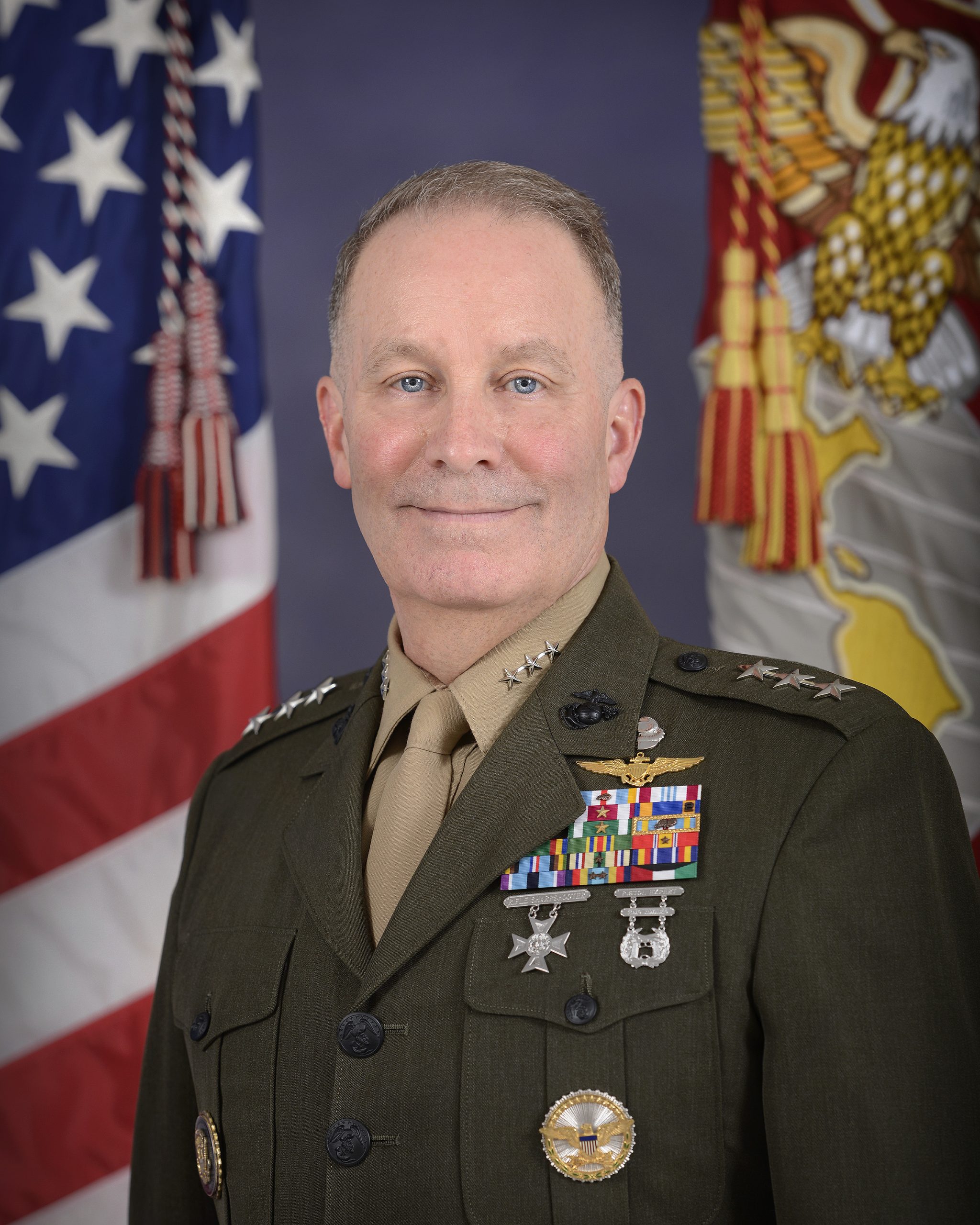House lawmakers are encouraging the Air Force and U.S. Special Operations Command to work together as each pursues long-range, long-endurance reconnaissance drones.
Both entities are investing in unmanned assets that can slip into highly defended areas, loiter over a particularly valuable target for days at a time, and traverse multiple continents or the vast Pacific with little logistical footprint as part of their broader push for more dispersed operations. Members of Congress are sweetening the pot by offering the Air Force $15 million to explore possible solutions that could meet the needs of both organizations.
“While the requirements between the two organizations are not completely aligned, the Committee believes closer cooperation is critical to fielding a capable and cost-effective platform,” lawmakers wrote in a report accompanying the House Appropriations Committee’s version of the 2026 defense spending bill.
While the report doesn’t specify which programs the Air Force and SOCOM should consider merging, the Air Force last month contracted with dronemaker General Atomics to design a stealthy, autonomous aircraft dubbed “GHOST” that can fly ultra-long distances for reconnaissance and strike missions.
GHOST may become a next-generation option to replace mainstays of the Air Force’s intelligence, surveillance, and reconnaissance enterprise that are slated for retirement:
- The U-2 Dragon Lady spy plane, whose pilots have captured photos of sensitive military sites since the 1950s.
- The RQ-4 Global Hawk, the long-endurance surveillance drone that was set to take over the U-2 mission but is now being phased out.
- The MQ-9 Reaper, the Air Force’s workhorse hunter-killer drone that redefined combat in the Global War on Terror.
The Air Force Research Laboratory is also exploring long-range drones through its ULTRA project, short for Unmanned Long-Endurance Tactical Reconnaissance Aircraft. The program has produced a drone that can fly for more than three days straight while carrying over 400 pounds of surveillance equipment. ULTRA, a commercial sport glider outfitted for military use by DZYNE Technologies, was photographed on the flight line at Al Dhafra Air Base in the United Arab Emirates last year.
An Air Force spokesperson told Air & Space Forces Magazine neither the service nor Air Force Special Operations Command “have any background” on the House provision.
SOCOM operates its own shadowy long-endurance aircraft program, comprised of the Air Force’s MQ-9, the Army’s MQ-1C Gray Eagle drone, and an unmanned version of the Pipistrel Sinus powered glider.
The Long-Endurance Aircraft family of systems “employs relatively low-cost, long-endurance unmanned aircraft operated in austere and permissive environments” to provide intelligence to the special operations community, SOCOM spokesperson Lt. Cmdr. Kassie Collins said in an email.
In 2021, The War Zone reported the command had worked with the Air Force Research Lab to convert Sinus aircraft into unmanned aerial systems. The drones, operated by the Virginia-based technology company TSC, offer a maximum endurance of over 40 hours in flight up to 17,000 feet, according to TSC’s website.
“SOCOM has been assessing this platform as an option as we work with our military services and industry partners to identify low-cost, high endurance airborne intelligence, surveillance, and reconnaissance solutions,” the command told the publication at the time.
SOCOM piggybacks on acquisition programs run by the services but also pursues its own equipment as needed. In 2020, the command launched its own search for an armed overwatch plane after the Air Force’s nearly three-year effort to procure a similar light attack aircraft ended short of a full buy.
Lawmakers also told the Air Force in that case to coordinate with SOCOM on its light attack experiments while encouraging it to transfer some of the project’s funding to special operations. Air Force Special Operations Command went on to buy a modified crop duster to serve as the new OA-1K Skyraider II, envisioned to fly counterterror missions in regions without advanced air defenses that could down the plane.
House appropriators are also calling for Air Force Secretary Troy E. Meink and SOCOM boss Gen. Bryan P. Fenton to provide an update on their efforts to develop unmanned long-endurance platforms, those program requirements, and whether pursuing a common aircraft might be more efficient. That briefing is due within 90 days after the appropriations bill is enacted.
